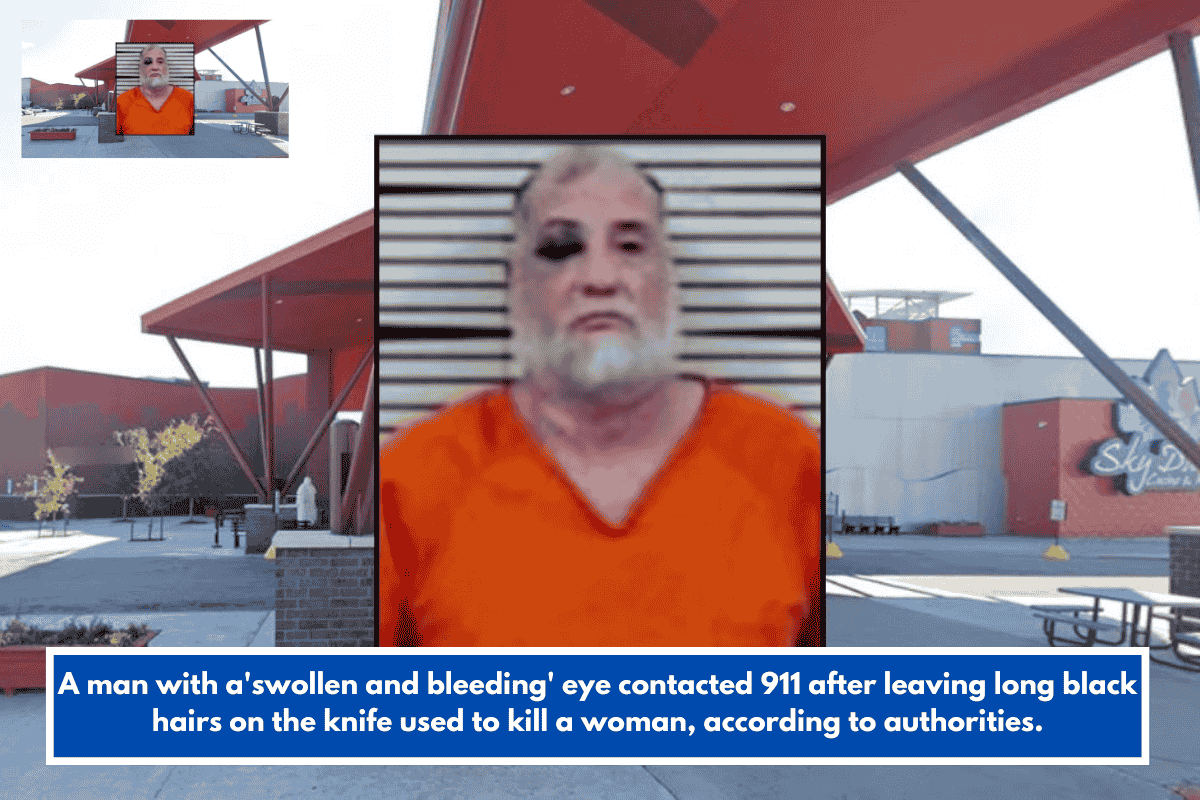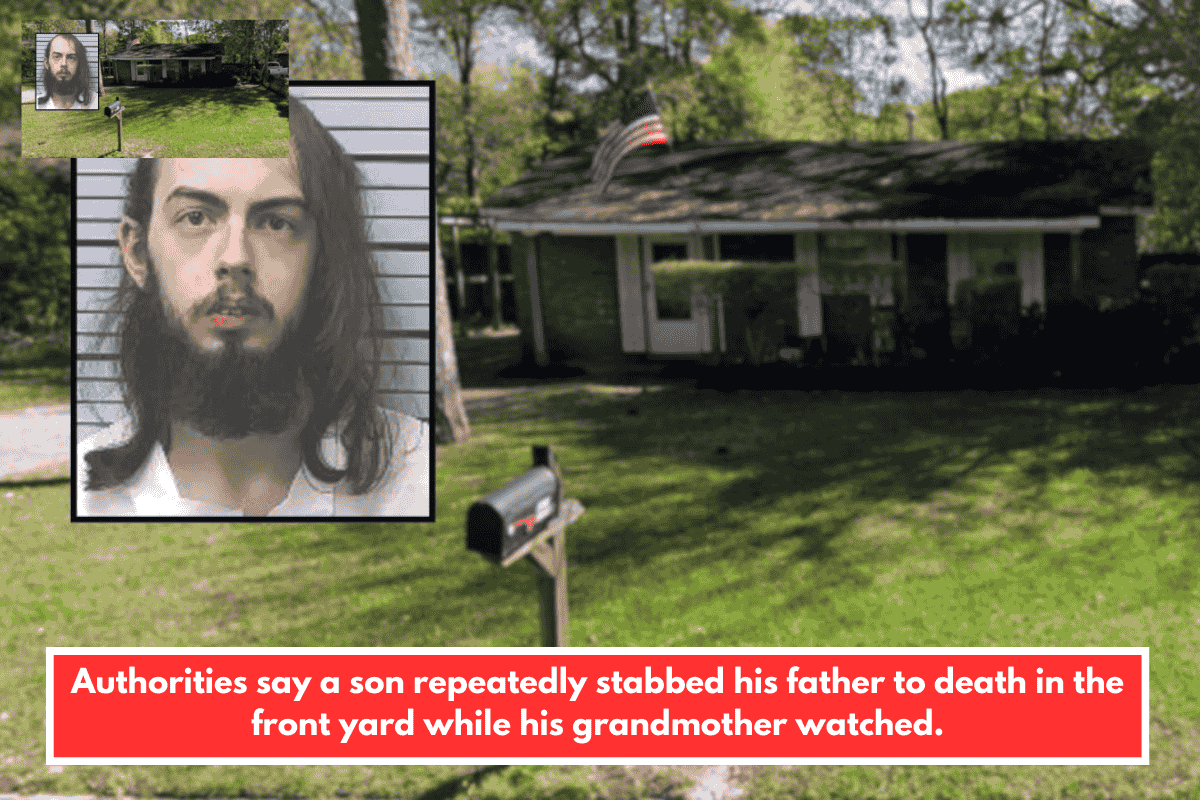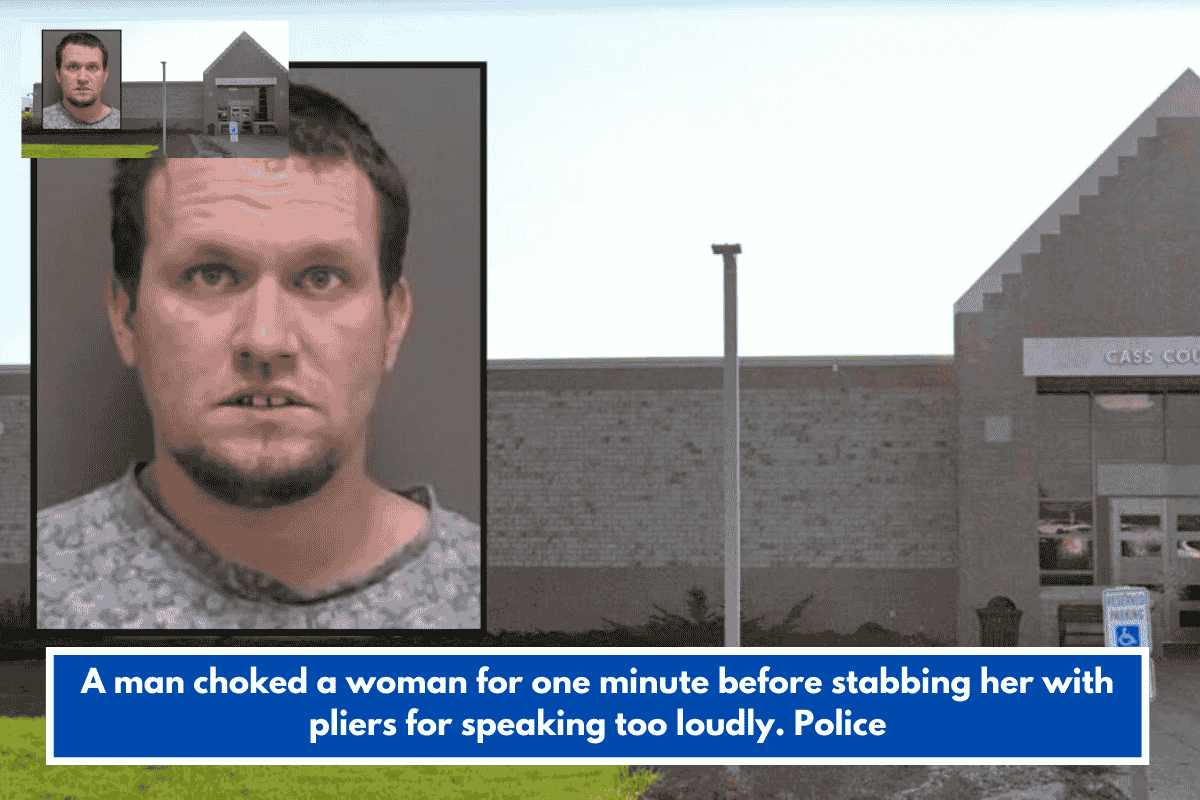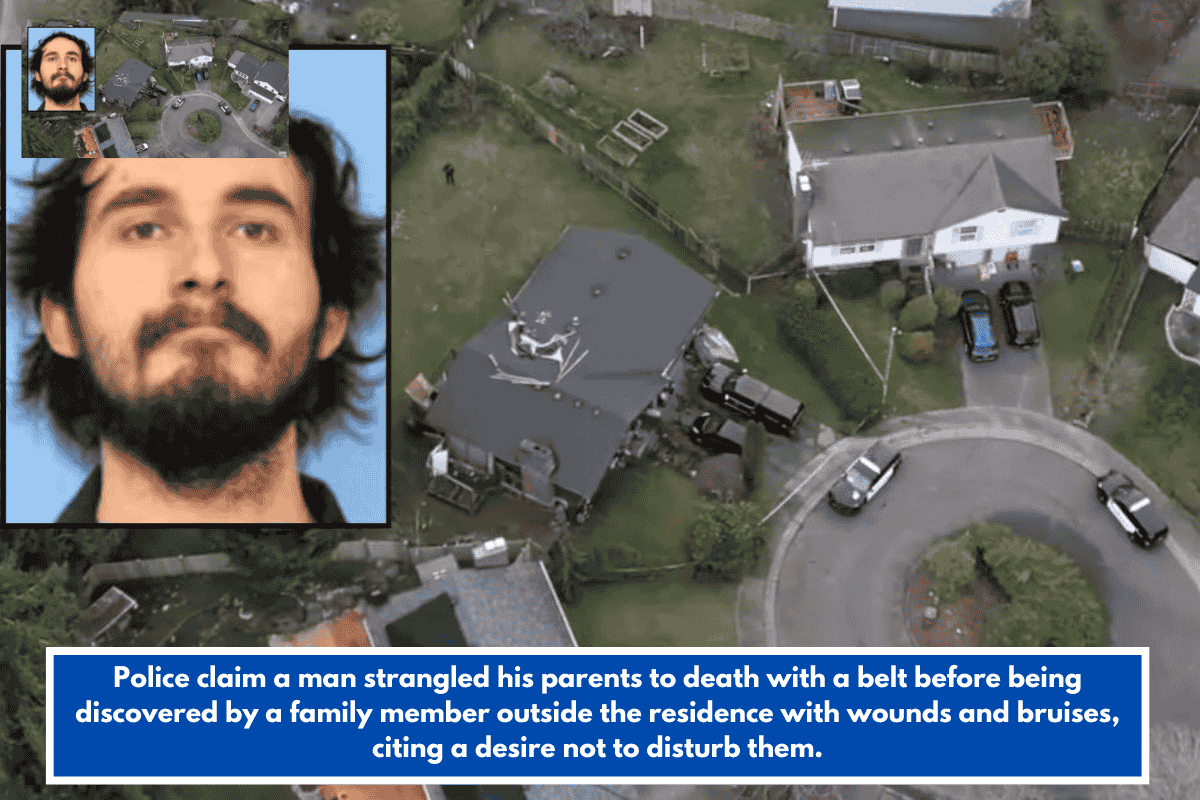California’s Stand Your Ground law is often a topic of debate and confusion, particularly when it comes to self-defense laws. The idea behind Stand Your Ground laws is to allow individuals to protect themselves from harm without the duty to retreat if they feel threatened. However, California has specific laws in place when it comes to self-defense, and they differ somewhat from other states’ Stand Your Ground laws. Understanding these laws is important for anyone living in or visiting California to ensure they stay within the legal boundaries while protecting themselves.
What Is California’s Stand Your Ground Law?
California does not have a “Stand Your Ground” law in the same way some other states do, like Florida or Texas. In those states, the law explicitly removes the duty to retreat, allowing individuals to use force to defend themselves in any situation where they feel threatened, even if they could retreat safely.
However, California has similar protections through the Castle Doctrine and the state’s self-defense laws. The Castle Doctrine allows individuals to use force to defend themselves inside their homes, and California Penal Code Section 198.5 provides that homeowners have the right to use deadly force if they reasonably believe someone is trying to break into their home. This applies to your dwelling, and there’s no duty to retreat before defending yourself.
Self-Defense and the Duty to Retreat
While California does not have a “Stand Your Ground” law, it does have a self-defense law. Under California Penal Code Section 197, individuals can use force to protect themselves, others, or their property if they believe it’s necessary to prevent harm. However, California law does require individuals to retreat if they can do so safely, unless they are in their home.
This means that if you are outside of your home and feel threatened, you are expected to retreat if there’s a safe way to do so. The idea is that if you can avoid the confrontation and remove yourself from the danger, you should do so instead of resorting to violence. This is where California’s laws differ from true Stand Your Ground laws in other states, where retreating is not required.
When Can Deadly Force Be Used in California?
In your home: Under the Castle Doctrine, if someone unlawfully enters your home and you believe they intend to harm you or your family, you are permitted to use deadly force without the duty to retreat.
In public: Outside of your home, the law still allows for self-defense, but you must reasonably believe that you are in immediate danger. Deadly force is only permitted if there is no reasonable way to retreat or avoid the confrontation.
Defense of others: If someone else is in immediate danger, you may use force to protect them. However, the level of force you use must be proportionate to the threat. Deadly force can only be used if the other person is in immediate danger of serious harm.
Defense of property: California law permits the use of reasonable force to protect property, but deadly force is not justified for mere property defense, unless the person’s life is also in danger.
Can You Be Arrested for Using Deadly Force?
Even though California law allows for the use of deadly force in certain situations, there are risks. If you use deadly force in a self-defense situation, law enforcement will investigate whether the force used was reasonable and necessary. If the investigation concludes that the force was excessive or unnecessary, you could be charged with a crime, such as manslaughter or murder.
The Role of the Prosecutor and Self-Defense Claims
After an incident where deadly force is used, the prosecutor must determine whether the use of force was justifiable under self-defense laws. They will evaluate whether:
The person had a reasonable belief that they were in immediate danger.
The person had the ability to retreat safely.
The force used was proportionate to the threat faced.
If the prosecutor believes the use of deadly force was unjustified, charges may be brought against the individual. On the other hand, if the prosecutor believes that the person acted in self-defense, they may drop the charges, and the case will not proceed.
The Importance of the “Reasonable Belief” Standard
A key part of California’s self-defense laws is the reasonable belief standard. This means that the person claiming self-defense must have reasonably believed that they were in danger of immediate harm. This belief doesn’t have to be accurate, but it must be reasonable based on the circumstances. This is where things can get tricky—what seems reasonable to one person might not seem reasonable to another.
California’s laws on self-defense are designed to protect individuals in situations where they genuinely fear for their safety. While the state doesn’t have a formal Stand Your Ground law, its self-defense laws provide protection for individuals who need to defend themselves, particularly in their homes. However, the law does expect individuals to retreat if they can do so safely, which is where California’s laws differ from the “Stand Your Ground” laws in other states.
If you’re involved in an incident where you used force in self-defense, it’s important to understand the legal process that follows. Deadly force is only allowed in certain situations, and law enforcement will closely examine whether the force was justified. Always keep in mind that the use of force must be reasonable, and if you’re unsure of your rights or responsibilities, it’s best to consult with a legal expert to avoid potential legal issues.
SOURCES
[1] https://legiscan.com/CA/text/AB1488/id/3186856/California-2025-AB1488-Amended.html
[2] https://www.everytown.org/press/fact-sheet-ab-1333-is-life-saving-legislation-aimed-at-preventing-those-who-shoot-first-and-ask-questions-later/
[3] https://calmatters.org/newsletter/lethal-force-self-defense-bill/
[4] https://www.abc10.com/article/news/local/california/californias-self-defense-bill-causes-controversy/103-b162d8f9-376d-40f1-9502-355370d653c1
[5] https://www.cronisraelsandstark.com/stand-your-ground














